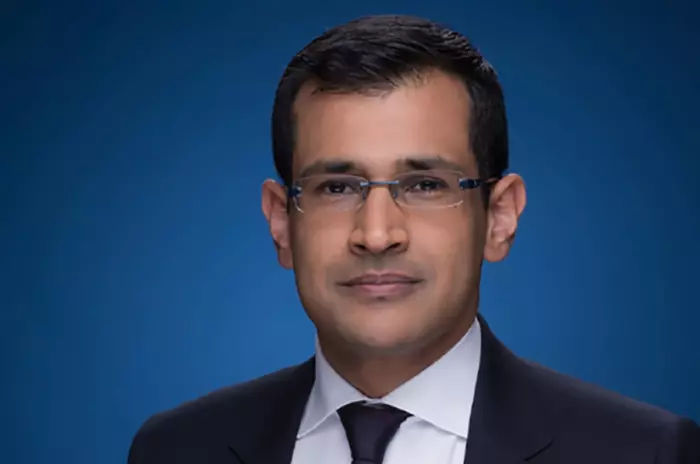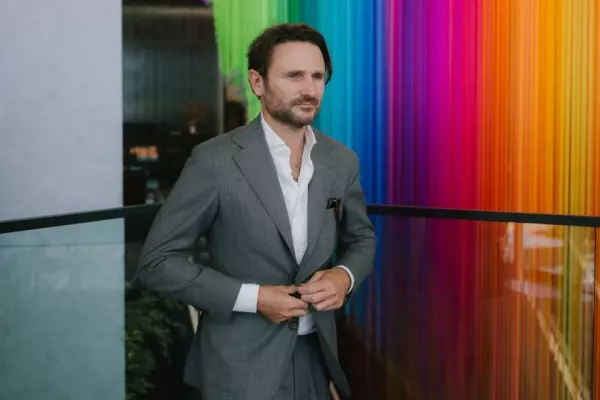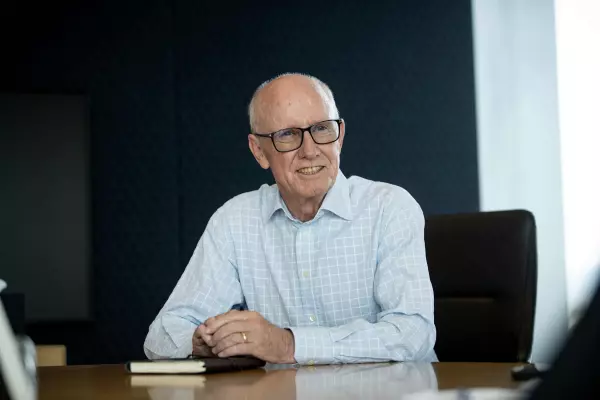A man walks into a TV studio ...
It might sound like the beginning of a joke, but when the studio is Television New Zealand and the man is veteran journalist Kamahl Santamaria, it’s no laughing matter.
Susan Basterfield, a partner in global organisational transformation company Greaterthan, isn’t surprised by the Santamaria story, or the subsequent fallout from our state broadcaster’s employment practices.
“It’s yet another example of jobs for the boys,” says Chicago-born Basterfield, who has worked in the US, UK and New Zealand for corporations including IBM, Vodafone and BP.
“New Zealand is as bad as anywhere else in the world when it comes to jobs for the boys.
"We like to say we’re one of the least corrupt countries in the world but nepotism is rife here and to me, that’s a form of corruption.”
Lack of transparency
The TVNZ example thrust hiring practices into the spotlight, but Basterfield says it’s the tip of the recruitment iceberg.
“As human beings, our core need is to trust others – including who they say they are. But in a recruitment context that can lead to less than vigorous decision-making.
"It also means people might not take their time ensuring the candidate is the right fit for the culture or let the candidate know what’s expected of them.”
In fact, Basterfield, who moved to NZ in 2003, goes further. She says our recruitment system is broken.
“It’s ripe for corruption and subject to manipulation and subjectivity. Anyone can put whatever they want on a CV and put forward referees they know will say what they want them to say.”
It’s that same lack of transparency in the recruitment process that allows “bad apples to hide in the shadows”.
“The hiring process is traditionally a closed system, meaning power rests with a few people at the top, not with grassroots staff, because traditionally we’ve believed that only those at the top have the power, skills and intelligence to make those decisions.
"But when poor hiring practices result in hiring bad apples, those people can put staff and the entire organisation under stress.”
It gets worse: to solve the problem, organisations often promote the bad apple, move them across the business or try to restructure them out.
“Restructures every few years can be an example of systemic hiring failures which can be traumatic for every person involved, from those who have to reapply for their jobs to those left picking up the pieces.”
Developmental edge
Part of the blame lies squarely with a less than robust interview process, where candidates who are “great actors and actresses” can ‘game’ the system.
“Interviews are just performative ways of putting your best foot forward. Let’s face it, even sociopaths put on a great performance in interviews.”
Basterfield estimates she’s interviewed and hired between 500 and 1,000 candidates over her management career. Around 80% of them worked out, but the experience taught her to use one simple question to weed out those unsuitable for the role.
“I always ask, what is your developmental edge – that is, the one thing you consistently have to work at? If they say 'nothing', then that usually means they think they’re the finished product, unable to be vulnerable and unwilling to admit they’re not perfect.
"I won’t hire people who can’t answer that question.”
Basterfield also doesn’t have many good things to say about some diversity policies, where organisations are required to tick a gender and race box, but often do so without proper hiring processes to ensure policies are correctly enacted.
Or they lack the tools to help staff, and the business, make it more than simply a box-ticking exercise.
“I’ve done diversity training with various companies I’ve worked for and it’s been great because it helps me to be aware of my biases. But it doesn’t necessarily give me the tools to then address those biases.”
And don’t get Basterfield started on organisations’ onboarding practices, particularly those unwilling to invest in properly integrating new hires into the business.
“I see it a lot of with women employees, especially A-type personality women, who aren’t given sufficient care in the onboarding processes.
"They will keep trying to progress and often burn out quickly because they haven’t got the leadership or team to help them integrate properly into the organisation.”
Basterfield joined Greaterthan five years ago, working with large organisations, startups and governments to change the way they’re structured, including centralised networks, self-managing organisations and practice-based communities.
There are, she says, a few basic steps organisations can take to make hiring practices more efficient, effective and transparent.
“Firstly, ensure that people have a say in decisions that impact their work. Next, give them an outlet for their ideas, as well as the sense that work is contributing to their development.
"And then make sure teams are all on the same side, are up to the job and are moving in the same direction.”













